National historical relic of Ngo Quang Bich street, Trinh Pho village, An Ninh commune, Tien Hai district. Photo: Quang Vien
Born into a family with a rich tradition of Confucianism and patriotism, from a young age, Ngo Quang Doan was sent by his family to study with Mr. Vu Huu Loi, a classmate of Nguyen Quang Bich and a patriot who had retired from office and returned to his hometown to teach in Dao Cu village ( Nam Dinh ). At the age of 18, while studying with the patriotic Phó bảng Trần Xuân Sắc from Dong Thanh village (Tien Hai), he heard the news of his father's sacrifice. Ngo Quang Doan went all the way to Yen Lap base (Phu Tho) to say goodbye to his father and then participated in anti-French activities. During about 3 years (1890 - 1892), he, along with De Kieu and some of Nguyen Quang Bich's subordinates, carried out many major battles, causing heavy losses to the French army. When the French army captured him in Hung Hoa and planned to execute him, De Kieu came to ask for bail, and his sentence was reduced to house arrest.
At the end of 1892, the Tien Dong uprising initiated by Nguyen Quang Bich was disbanded, Ngo Quang Doan met Phan Dinh Phung. After that, he returned to his hometown to wait for the right time and participated in founding the Kien Xuong literary association to try to ignite a patriotic movement.
When the Can Vuong movement was completely suppressed (1895), the armed forms of anti-French resistance in all three regions subsided. Many patriotic scholars and scholars were struggling to find new forms to seek resistance against the French. During these years, Thai Binh was the place where many famous scholars from the Northern and Central provinces came to discuss and plan for world affairs. In that context, Ngo Quang Doan had the opportunity to meet famous patriots such as Phan Boi Chau, Phan Chu Trinh, Luong Van Can, Nguyen Quyen, Nguyen Sinh Huy, Ngo Duc Ke... and had positive changes in ideology and direction of activities. According to some published sources about the biography of President Ho Chi Minh , in 1903, Pho Bang Nguyen Sinh Sac, with his son Nguyen Tat Thanh as his attendant, along with Ngo Duc Ke, Hoang Xuan Hanh and a number of other patriotic scholars from Nghe An, came to Trinh Pho village to meet Ngo Quang Doan to discuss national restoration.
In early 1904, Phan Boi Chau and a number of enthusiastic patriots secretly established an organization called Duy Tan Hoi and initiated the Dong Du movement with the aim of calling on Vietnamese youth to study abroad (Japan), preparing forces and waiting for the opportunity to regain national independence. In early 1906, Ngo Quang Doan and Phan Chu Trinh went to Japan, meeting Phan Boi Chau in Hong Kong. The purpose of this trip was to negotiate with the Japanese government to send students to study. With this event, the history of the Dong Du movement recorded Ngo Quang Doan as the only person from Thai Binh who went to Japan with the first class of students. After staying abroad for a while, Phan Boi Chau assigned him to return home to secretly operate, take care of financial mobilization and find ways to connect with the remnants of the Can Vuong movement, and received help from many people. According to Phan Boi Chau's policy, those who participated in the Eastern Journey returned to the country and operated in two groups: "Am Xa" (secret activities), "Minh Xa" (public activities in culture, society and economy ). Ngo Quang Doan operated in the "Am Xa" group, so his name and actions were rarely mentioned.
In March 1907, Dong Kinh Nghia Thuc was established with Luong Van Can as Headmaster, Nguyen Quyen as Supervisor, and a number of patriots with reformist ideas, including Ngo Quang Doan as founder. The purpose of Dong Kinh Nghia Thuc was to promote patriotism through propaganda materials, through the school's specific teaching, including the forms of literary criticism, newspaper reading, and speeches; to spread a new academic system and a new way of life; to coordinate actions with scholars who had gone abroad and to support the Dong Du movement that was spreading throughout the country. The founders of Dong Kinh Nghia Thuc composed many poems and articles as teaching and propaganda materials. The songs "Awakening the Farmers", "Encouraging Agriculture", "Cutting Hair and Becoming a Monk"... by Ngo Quang Doan were widely popularized, aiming at the revival of industry, the revival of the economy, and the practice of a civilized and progressive lifestyle.
From the bustling activities in Hanoi, just a few months later, the Dong Kinh Nghia Thuc movement spread throughout the three regions, and Thai Binh was recorded in history as one of the localities with the strongest movement in Bac Ky with the bustling activities of Nguyen Huu Cuong, Ly Thoa, Ly Boi, Dang Xuan Ngai...
The Dong Kinh Nghia Thuc movement had key figures from Thai Binh such as Ngo Quang Doan, Dao Nguyen Pho, Pham Tu Truc and they often contacted the local movement. Therefore, the secret police increased their surveillance of these activities. In an archived document of the French Secret Service's report on the situation of Dong Kinh Nghia Thuc in Thai Binh, it was written: "...There were a number of ambitious Confucian scholars...who took bold actions to oppose the Protectorate Government...prompting many Confucian scholars from Thai Binh to go abroad following the example of Phan Boi Chau and Phan Chu Trinh, mainly going to China and Japan to seek help and means to liberate Annam from the French yoke. Dong Kinh Nghia Thuc also had many members in this province".
One of the tasks set out by Dong Kinh Nghia Thuc was to revive the economy, aiming for a rich people and a strong country. In addition to contributing capital to open trading associations, shops, and mines, there was also the expansion of agriculture by establishing plantations, reclaiming land, and growing food crops. With the advantage and expertise of being familiar with the land in the midlands and mountainous areas, Ngo Quang Doan took on this difficult task. He left Hanoi, his hometown, and went alone to set up a camp and open a plantation in Yen Lap (Phu Tho). In just a short time, he gathered local forces and recruited manpower from his hometown of Tien Hai to clear 50 acres of wasteland to grow food crops and establish a base to fight the French. According to documents from the French Secret Service, through monitoring the opening of Ngo Quang Doan's plantation, his relatives such as Ngo Quang Tiem (Hai Tiem) and Do Quan (Ba Quan) were also his effective assistants. Admiring and grateful to Ngo Quang Doan, the ethnic people in Yen Lap mountains and forests affectionately called him General Doc. In his work “Can Vuong Movement”, historian and writer Nguyen Hien Le devoted many pages to writing about General Doc’s extraordinary endurance of hardships in the plantation, in the wild forest, poisonous water, and miasma.
Some time later, Ngo Quang Doan was sent to China to join the Vietnam Restoration Association. The association assigned him the task of returning to organize a rebellion. At this time, the French were even more repressive, he had to hide in the forest, fell ill and had to return home to recover for half a year. In his hometown, he was always watched by the French colonialists, and on the other hand, they sent Co Sau, a priest in Phat Diem, to entice him to become an official for them, but he firmly refused.
In 1912, Ngo Quang Doan brought his children and friends to the foot of Ban Long mountain, Tam Dao in Vinh Yen to set up camp, waiting for the opportunity to start. Here, he helped the movements of Nguyen Thai Hoc, Nguyen Khac Nhu and Truc Khe Ngo Van Trien. From 1939 to 1940, he secretly sheltered two members of the Northern Regional Committee, Tran Dinh Long and Bui Lam. In 1943, the Japanese invaded and occupied, burned down his house, he returned to his hometown, fell ill and died on July 8, 1945. Upon hearing the news of his death, many scholars and intellectuals near and far wrote poems and parallel sentences praising his personality, spirit, ideology and conduct, including the following sentence:
Loyal to the family tradition, when faced with foreign invasion, sometimes in Shanghai, sometimes in Hongjin, he boldly went abroad to take care of the country.
Resilient by nature, in times of danger, this is Dong Kinh, that is Quang Phuc, working hard to keep the people's love intact.
Having spent more than half a century immersed in patriotic and revolutionary movements, Ngo Quang Doan always kept his passionate love for his country, determined to avenge his debtors and like many other scholars and scholars of his time, Ngo Quang Doan made remarkable contributions to the patriotic literature of the late 19th and early 20th centuries with works such as: "Ngu Phong Tuong Cong Hanh Trang", "Hoang Son Thi Tap", "Tuong Phong Thi Van Tap" including more than 100 poems with profound patriotic content.
Source


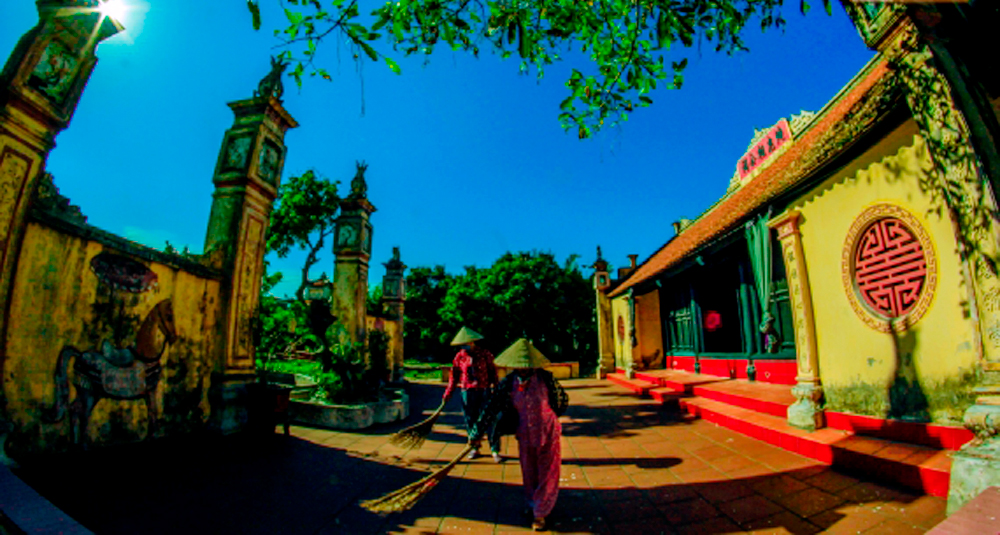
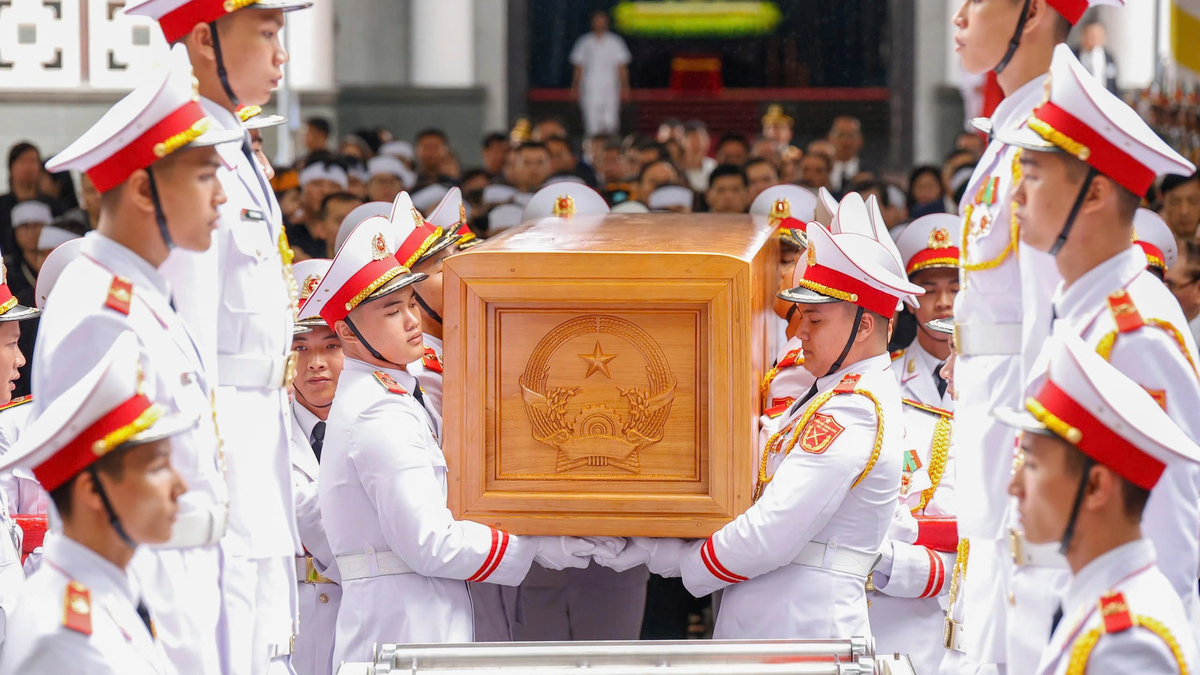
![[Photo] President Luong Cuong receives Lao Vice President Pany Yathotou](https://vphoto.vietnam.vn/thumb/1200x675/vietnam/resource/IMAGE/2025/5/25/958c0c66375f48269e277c8e1e7f1545)
![[Photo] President Luong Cuong receives Vice President of the Cambodian People's Party Men Sam An](https://vphoto.vietnam.vn/thumb/1200x675/vietnam/resource/IMAGE/2025/5/25/6f327406164b403a8e36e8ce9d3b2ad2)
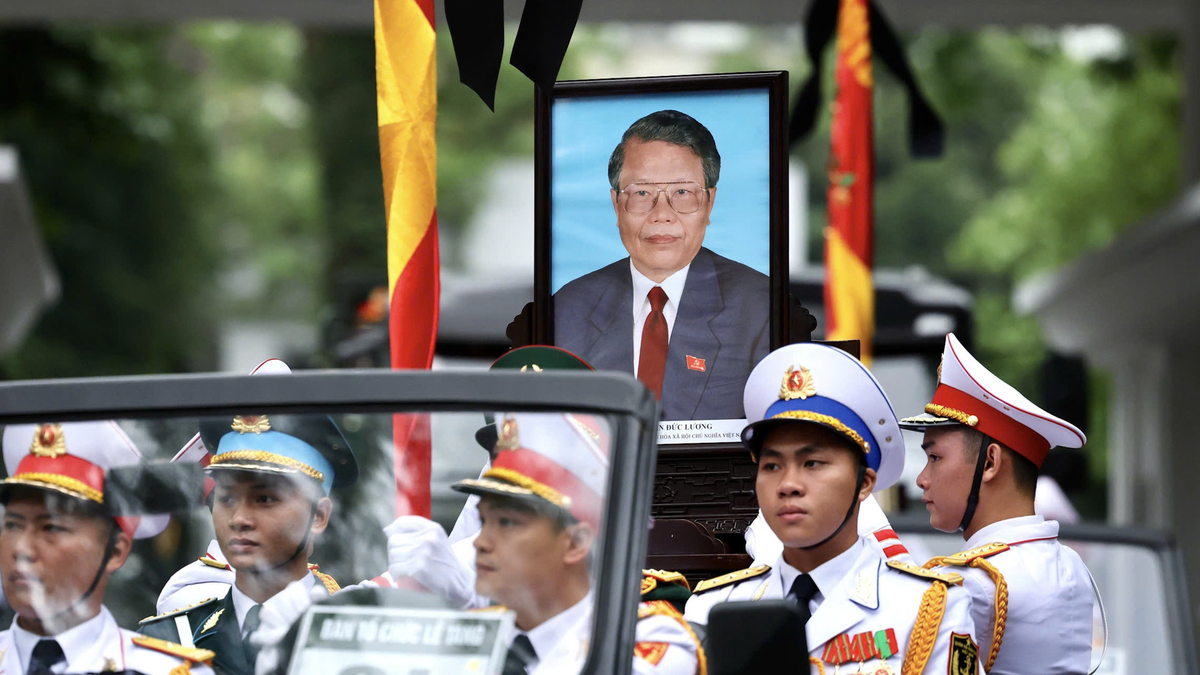
![[Photo] Festival of accompanying young workers in 2025](https://vphoto.vietnam.vn/thumb/1200x675/vietnam/resource/IMAGE/2025/5/25/7bae0f5204ca48ae833ab14d7290dbc3)
![[Photo] Memorial service for former President Tran Duc Luong in Ho Chi Minh City](https://vphoto.vietnam.vn/thumb/1200x675/vietnam/resource/IMAGE/2025/5/25/c3eb4210a5f24b6493780548c00e59a1)
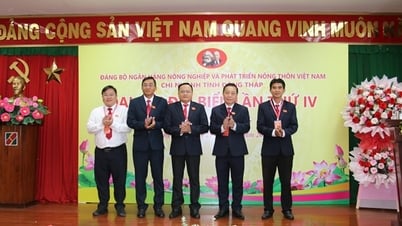

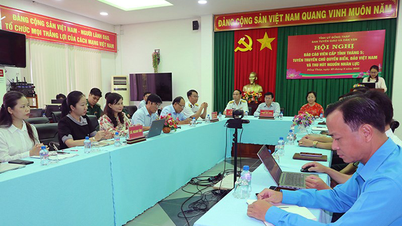
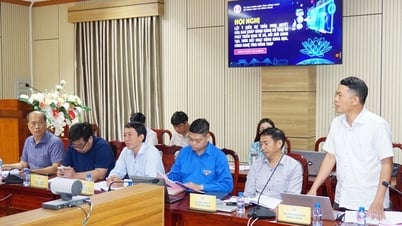

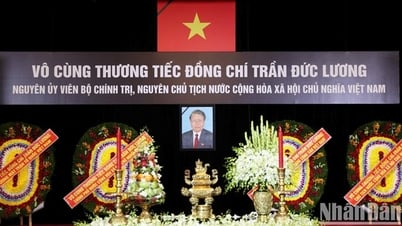








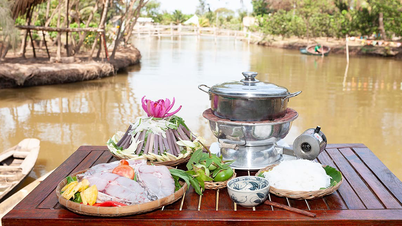
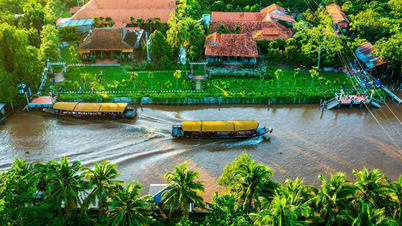


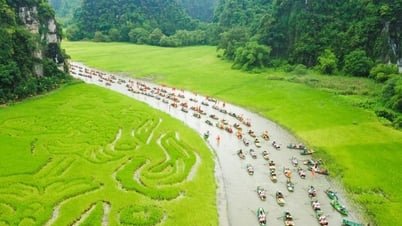

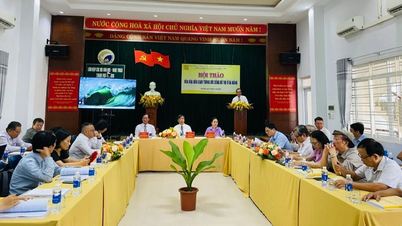

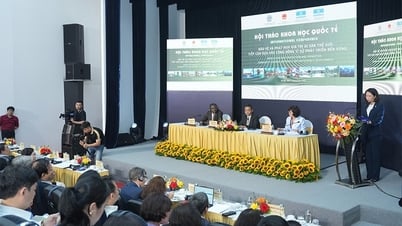









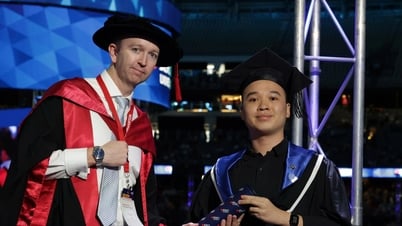

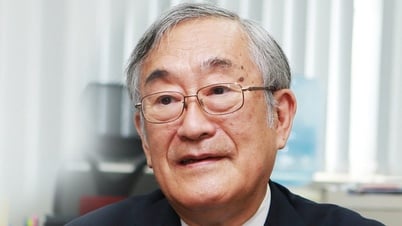

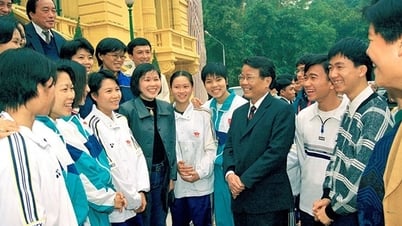






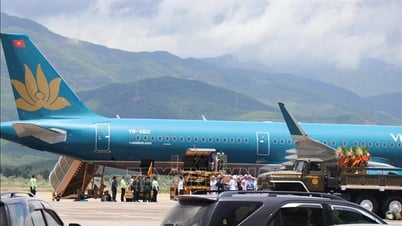

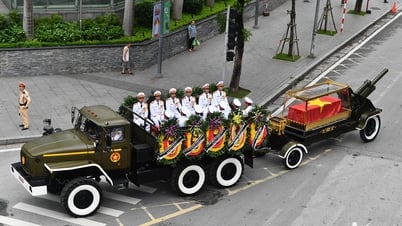


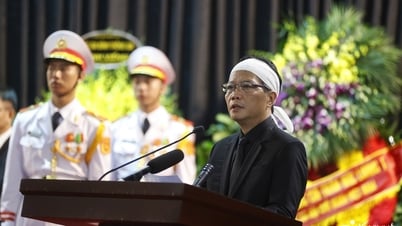







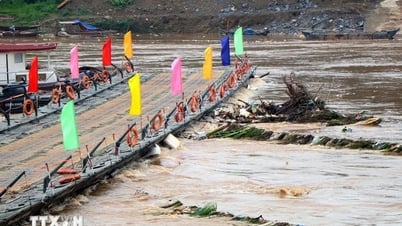



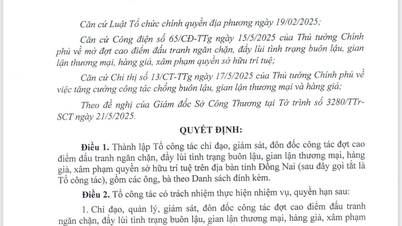

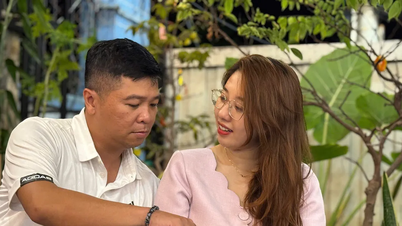

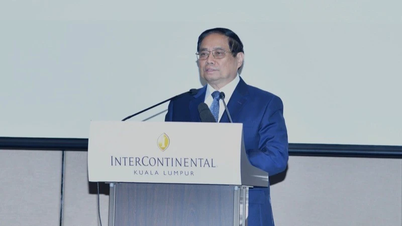

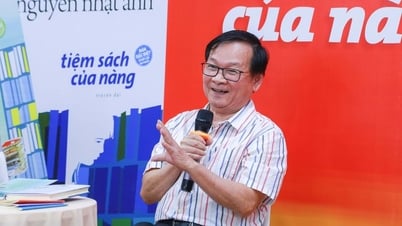




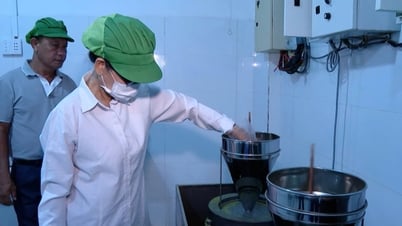




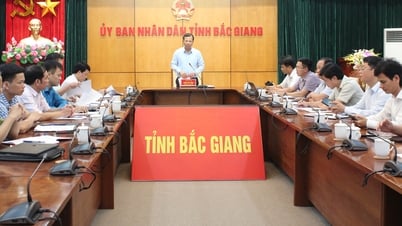

Comment (0)